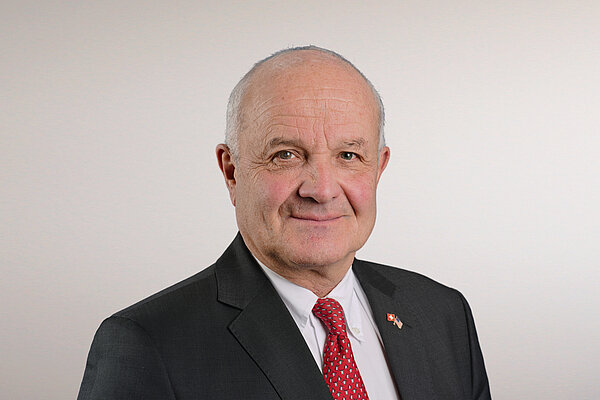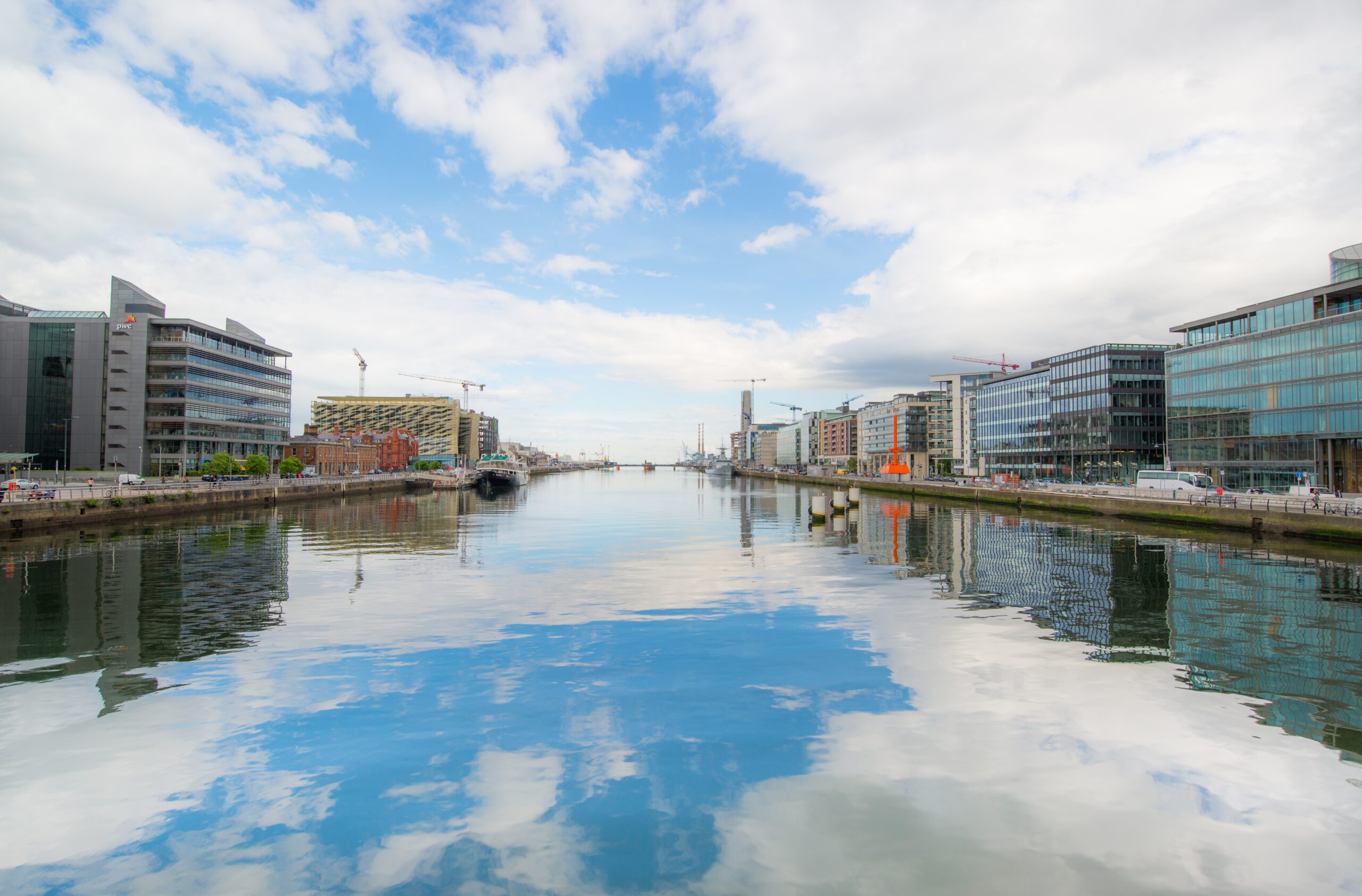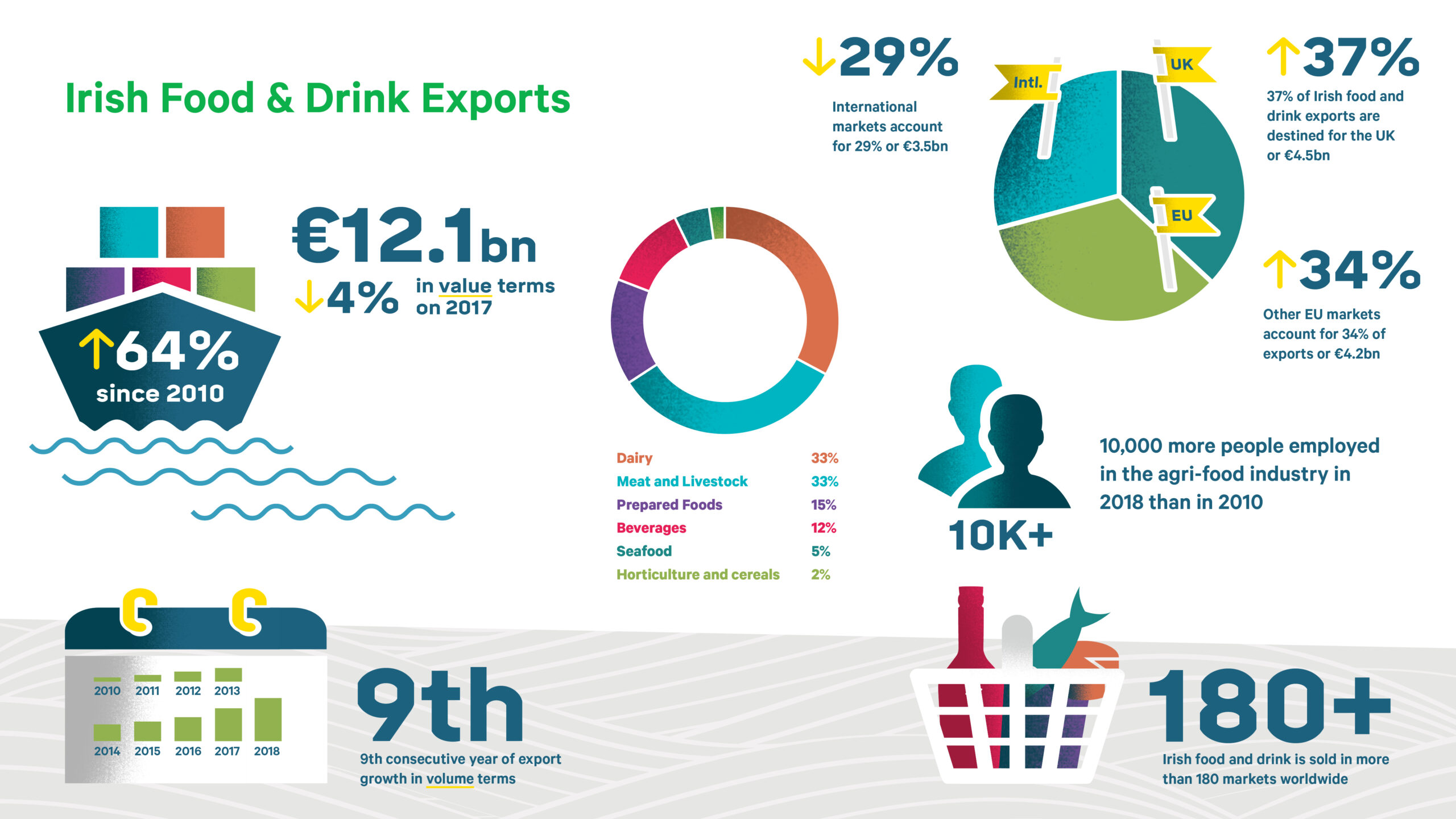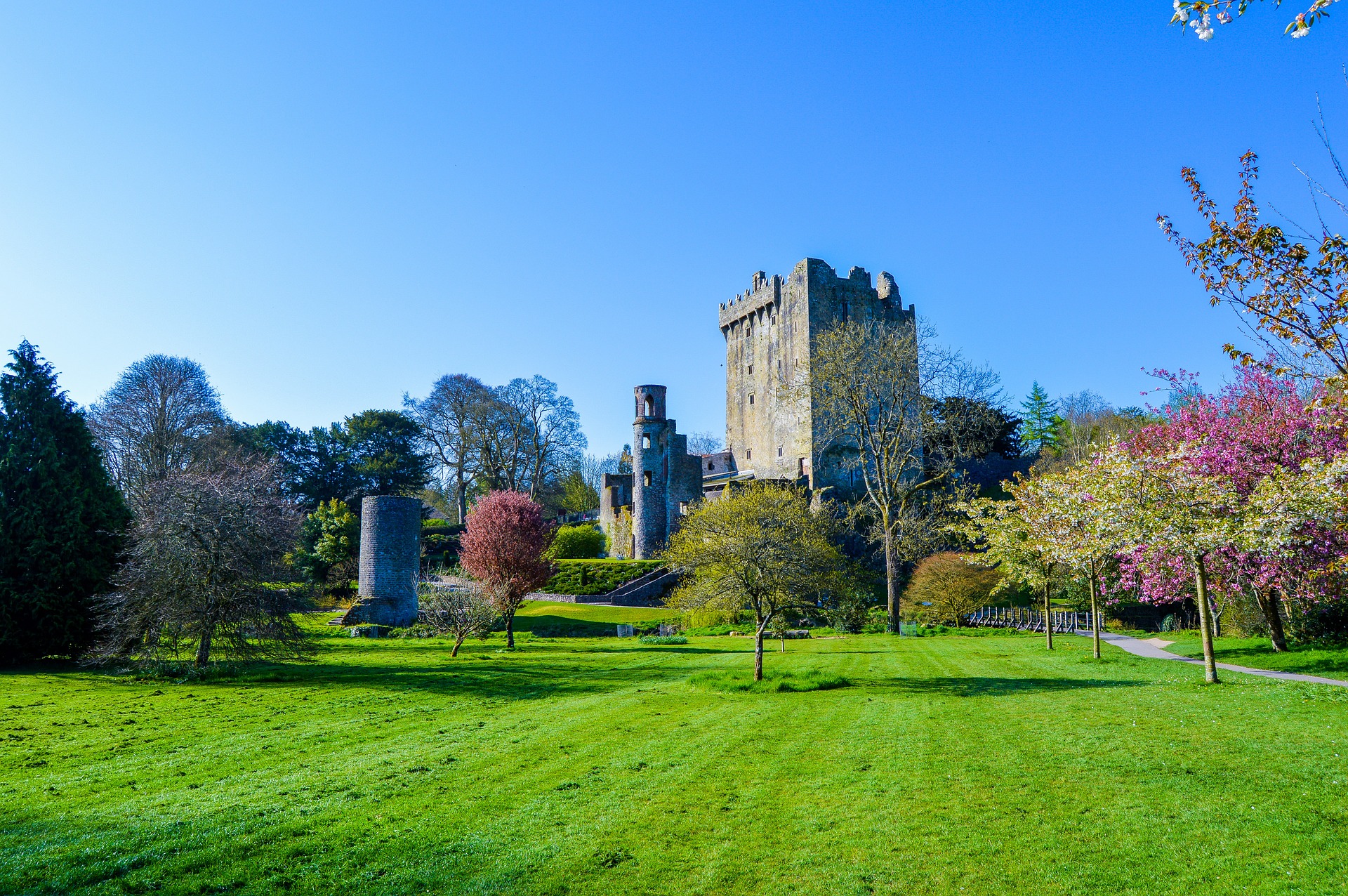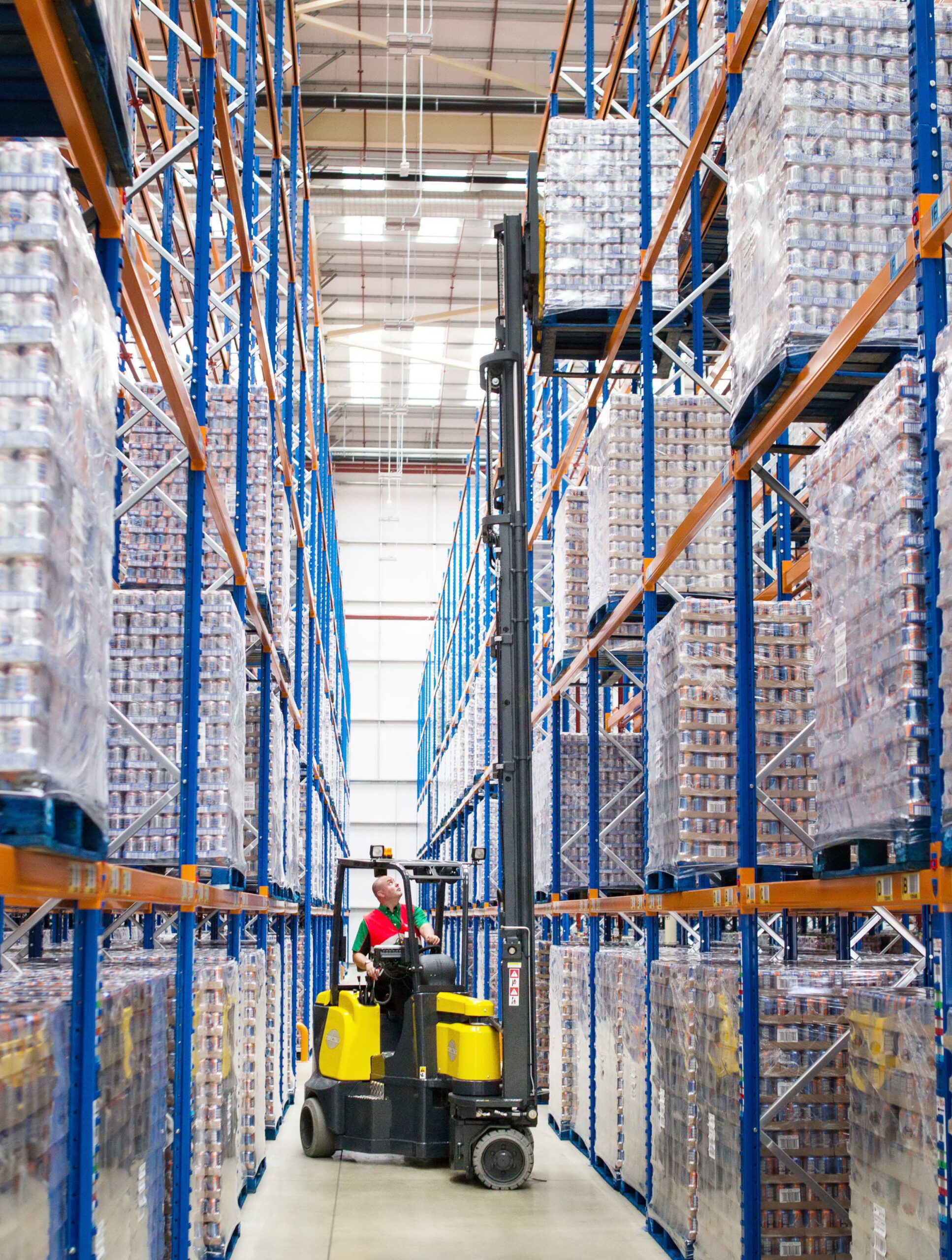 How do you assess Serbia’s legal framework in 2018?
How do you assess Serbia’s legal framework in 2018?
The legal framework of Serbia in 2018 will be adapted to the process of accessing the European Union, with full commitment to the priority reforms necessary in this process. On April 29, 2008, Serbia signed the Stabilization and Association Agreement in Luxembourg, which, entered into force on September 1, 2013. These rules are divided into a total of 35 different areas of EU law, commonly known as negotiating chapters. Serbia has opened four of the 35 chapters in EU membership negotiations and the main emphasis has been placed on chapters 23 and 24. By the end of 2016, the amendment of the law has made a significant adjustment of the law of the Republic of Serbia with the law of the European Union in the field of company law, intellectual property, rights of telecommunications, copyright and related rights, accounting, public information, as well as advertising and media, which are being dealt with.
Which reforms should potential investors pay attention to?
Potential investors should pay attention to the upcoming reforms that continue and intensify the adjustment of the law of the Republic of Serbia with the law of the European Union through the opening of new chapters, such as: freedom of movement of goods, workers and capital, right of legal establishment and freedom to provide services, public procurement, competition policy, financial services, agriculture and rural development, transport policy, energy, taxes, economic and monetary policy, social policy and employment, entrepreneurship and industrial policy, trans-European networks, regional policy and coordination of structural instruments, environment, consumer and health protection, customs union, as well as financial control.
What are the most challenging legal aspects for global companies operating in Serbia?
Despite the reforms implemented, global companies operating in Serbia are confronted with problems of non-compliance of certain domestic regulations with the rules in force in the EU. Quite rigid foreign currency regulations, primarily the Foreign Exchange Law, represent a limiting legal framework for the operation of global companies in Serbia. Therefore, liberalization in this area is necessary.
Which countries will most likely increase investments in Serbia in the next 5 years?
We believe that in the next 5 years, investments in Serbia from the countries of the EU, primarily from Germany, Italy, Austria and France, and also from China and Russia, from the countries of the Middle East region, will surely increase. Such expectations are based on existing trends, which is best illustrated by the project “Belgrade Waterfront” whose construction is in full force. Also, the FIAT factory in Kragujevac, which is also the largest exporter, the Smederevo Ironworks and the large IKEA trade centre, are examples of successful direct foreign investments.
What is your growth strategy for the firm?
Aleksić & Associates is one of the fastest growing law firms in Serbia. Unlike the majority of our competitors that are primarily based in Belgrade, we are headquartered in Novi Sad, the capital of the northern region of Serbia, located in Vojvodina, the richest and the most active region in Serbia in terms of direct foreign investment. Our clients range from financial institutions, commercial banks and insurance companies to major corporate and institutional clients.
Although we commenced operations over 25 years ago as a civil law firm, the rising interest of investors in this region over the last 20 years has compelled us focus entirely on corporate law as our main area of practice. We have since then built a business with over 180 legal and economic professionals that provide 24/7 services to clients operating in SEE. We base our growth strategy on the expected increased foreign investment inflows and the arrival of global companies in Serbia, completely adapting its way of doing business with the uncompromising quality of its legal services and corporate protection of its clients.
Knowledge through experience, with complete legal certainty, is the basic principle in the operation of the Law Office ALEKSIĆ, which is also the final message for your esteemed auditorium. Such an approach to clients was facilitated by the growth of the office, which is one of the leaders in the Serbian law companies, with the expected expansion to the countries of the Western Balkans and South-East Europe.





